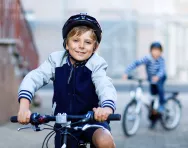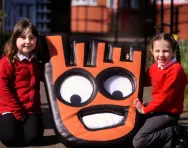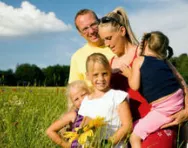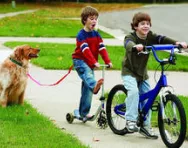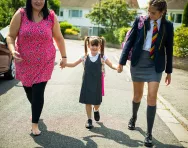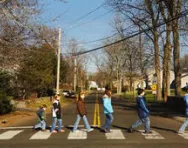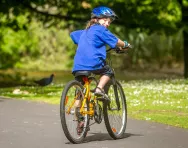Important update from TheSchoolRun
For the past 13 years, TheSchoolRun has been run by a small team of mums working from home, dedicated to providing quality educational resources to primary school parents. Unfortunately, rising supplier costs and falling revenue have made it impossible for us to continue operating, and we’ve had to make the difficult decision to close. The good news: We’ve arranged for another educational provider to take over many of our resources. These will be hosted on a new portal, where the content will be updated and expanded to support your child’s learning.
What this means for subscribers:
- Your subscription is still active, and for now, you can keep using the website as normal — just log in with your usual details to access all our articles and resources*.
- In a few months, all resources will move to the new portal. You’ll continue to have access there until your subscription ends. We’ll send you full details nearer the time.
- As a thank you for your support, we’ll also be sending you 16 primary school eBooks (worth £108.84) to download and keep.
A few changes to be aware of:
- The Learning Journey weekly email has ended, but your child’s plan will still be updated on your dashboard each Monday. Just log in to see the recommended worksheets.
- The 11+ weekly emails have now ended. We sent you all the remaining emails in the series at the end of March — please check your inbox (and spam folder) if you haven’t seen them. You can also follow the full programme here: 11+ Learning Journey.
If you have any questions, please contact us at [email protected]. Thank you for being part of our journey it’s been a privilege to support your family’s learning.
*If you need to reset your password, it will still work as usual. Please check your spam folder if the reset email doesn’t appear in your inbox.
Safe cycling tips for kids
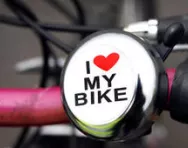
All young people should undertake a cycling training course before cycling on the roads by themselves.
Experts recommend a minimum age of ten years for on-road cycle training courses – below this age children are less likely to be able to successfully cope with the joint tasks of managing a bicycle and negotiating traffic situations. To find out more about cycling courses for your child, visit the Bikeability website our read our parents' guide to Bikeability at school.
Top safe cycling tips for children
- Ensure children wear a cycle helmet
- Young cyclists should always wear light-coloured, fluorescent and reflective clothing to help them to be seen, as well as having lights on their bike
- Investigate the density of the traffic and any problems on the route before considering letting your child out unsupervised
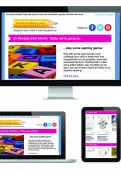

Start your child on a learning programme today!
- Weekly English, maths & science worksheets direct to your inbox
- Follows the National Curriculum
- Keeps your child's learning on track
- Before they set off, travel the route with them a few times so that they are confident and familiar with where they’ll be going. You may wish to cycle behind them for a few weeks to build their confidence
- Accidents do happen and it’s important to be prepared, so ensure your child is able to respond in an emergency. Make sure they know how to make a 999 call, are aware of their home telephone number and know their own address
- There is safety in numbers, so where possible ensure your child has a cycling ‘buddy’ whenever they’re out, such as a friend or older sibling
- As well as being road safe, it’s a good idea to ensure your child knows how to respond to other risks – meeting strangers or getting lost, for example. Perhaps give them a mobile phone so they can get in touch if they run into trouble
- If your child is cycling to a friend’s house, let another adult know and give them an idea of when they can expect your child to arrive



